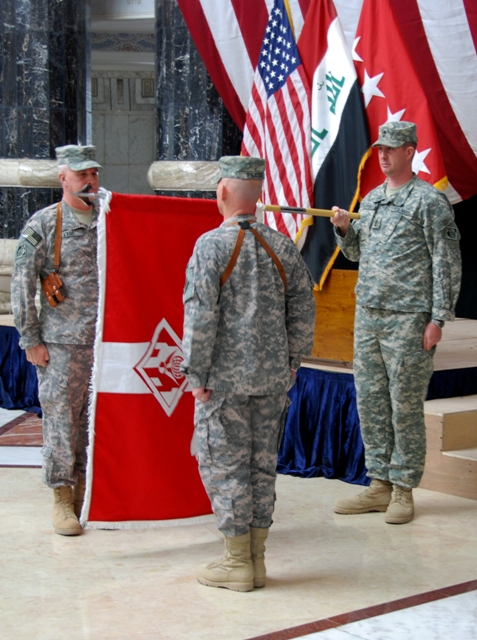Small businesses a vital part of the team

Maj. Gen. Merdith W.B. (Bo) Temple addresses the audience at the 2011 SAME Small Business Conference in Washington, D.C.
Did you know that small businesses in the U.S. represent 99 percent of all employer firms, and employ about half of all private sector employees? Small businesses have generated 65 percent of the net new jobs over the past 17 years, and hire 43 percent of high tech workers, including scientists, engineers, computer programmers and others.
The US Army Corps of Engineers (USACE) understands the importance of small businesses. In Fiscal Year 2011, 42.5 percent of all USACE contract obligations were awarded to small businesses at a total value of $8.1 billion. I am very proud that our teams not only met but exceeded our assigned goals this year in every category, including awards to Small Disadvantaged, Service-Disabled Veteran-Owned, Women-Owned and HUBZone businesses.
Recently, Corps leaders and our hard-working acquisition professionals, as well as their counterparts from other Department of Defense (DOD) agencies, participated in the Society of Military Engineers’ annual Small Business Conference for DOD Engineering, Construction and Environmental Programs. This event and others like it offer small businesses vital information and training to prepare them to work with the government, while allowing us to learn how their companies can help the Corps serve the military and the Nation.
If you take a look back at what the Corps has accomplished over the past year, you will see clearly the importance of our small business and industry partners. After five years of intense effort, we met our commitments to deliver $11 billion of Base Realignment and Closure projects to our military customers and provide 100-year risk reduction to the citizens of New Orleans with the massive $14 billion Hurricane and Storm Damage Risk Reduction System. Our teams were on the ground this year helping communities recover from tornadoes and hurricanes and managing historic flooding throughout much of the country. Where the Corps has served our Nation, small businesses have played a vital role. The same is true overseas, where we are reaching out and working with local contractors in Europe, Asia and Afghanistan to build Host Nation Capacity.
It takes the whole team – USACE and our federal partners, state and local agencies, tribal nations, special interest groups, academia and industry – to deliver sustainable engineering solutions and the Small Business community is a very important part of our success.
Afghanistan, Civil Works, Contingency Operations, Contracting, Emergency Response, Gulf Coast Recovery, Iraq, Military Programs, Partnership, Small Business


